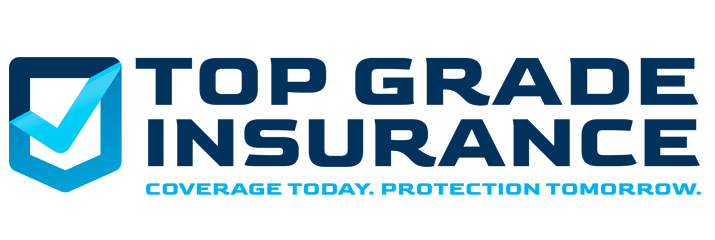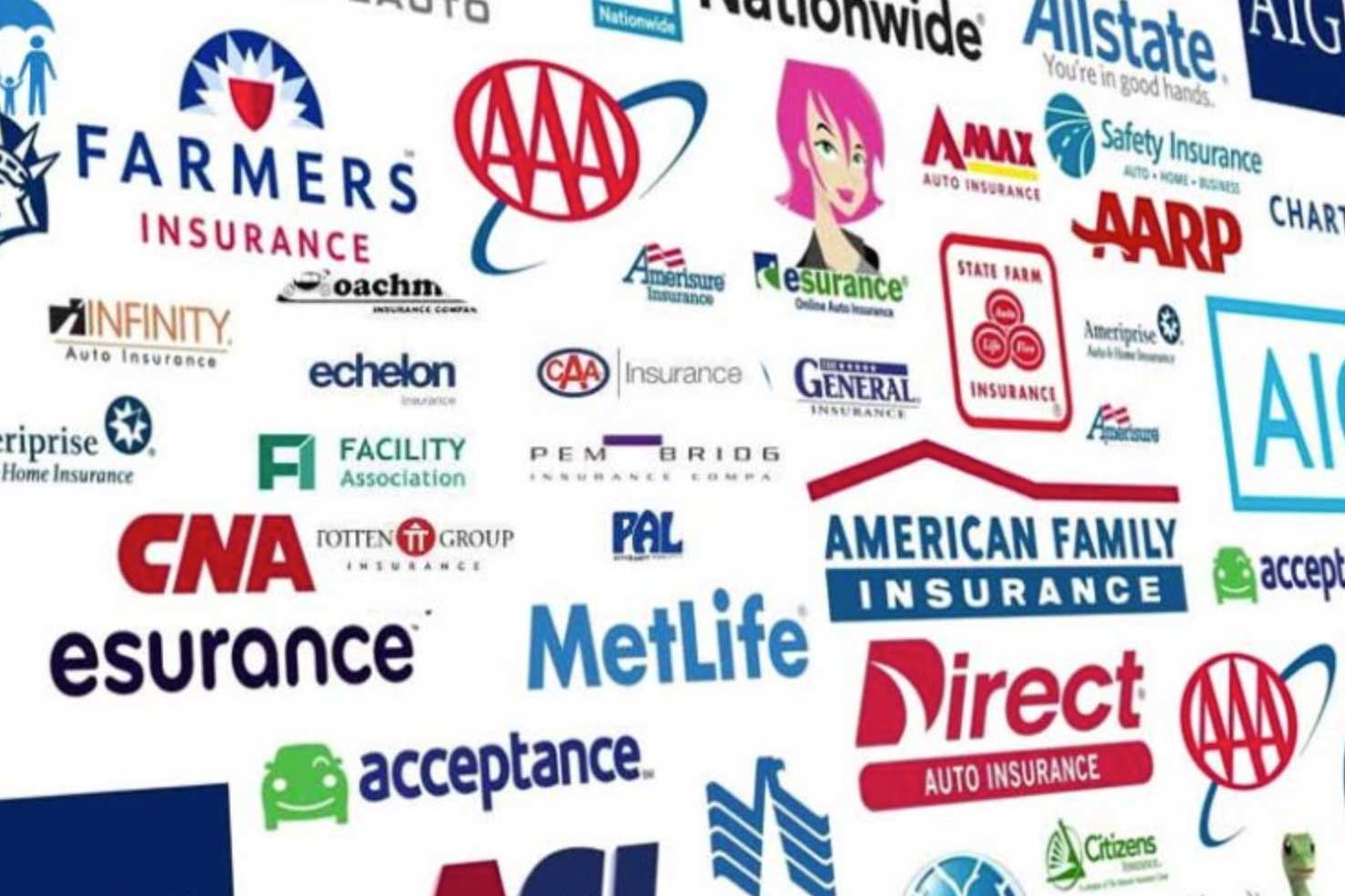Maryland law requires all businesses to insure their vehicles. Business auto insurance may cover vehicles your business owns, hires, or leases for operations.

Protect your business today
Top Grade Insurance is your trusted partner in acquiring Auto Insurance for your vehicles. We work with different insurance companies to ensure you find a policy that suits your business size and needs.

Our Coverage Options
Besides the legal ramifications, not having auto insurance for your work vehicles can expose you to heavy financial losses.If a business vehicle you own is involved in an accident, you may be liable. Additionally, your personal auto insurer may deny compensation if you use your car for business purposes.
Covers property damage resulting from accidents caused by your business vehicle.
Covers physical injuries sustained by victims in accidents where you or your employees are at fault.
This coverage sets a single limit for property damage and bodily injury claims filed against you. You can opt for this option if you don't want separate limits for each type of claim.
Protects your business vehicles against non-collision risks like theft, vandalism, and fire.
Pays medical expenses for you and your passengers in business vehicles, regardless of fault. Certain policies also cover additional costs such as therapy and lost wages.
Luckily, with our comprehensive range of auto insurance for your business vehicles, you can rest easy knowing that an accident won’t derail your business. Contact us today so our agents can help you pick the best coverage, depending on your budget and preferences.
Frequently Asked Questions
- What is a deductible?
-
A deductible is what you pay before insurance helps. For example, with a $500 deductible on $2,000 damage, you pay $500. Insurance covers the remaining $1,500. Higher deductibles lower premiums but increase claim costs. Lower deductibles mean less out-of-pocket but higher premiums.
- What type of coverage do I need if I lease a truck?
-
If you lease a truck for business purposes, you’ll need specific types of business auto insurance to protect your vehicle and business:
Liability Insurance: This is typically required by law and covers bodily injury or property damage to others in the event of an accident. Leasing companies often require higher liability limits than the state minimum.
Physical Damage Coverage (Comprehensive and Collision): Comprehensive coverage protects your truck against non-collision-related damage, such as theft or vandalism. Collision coverage pays for damage to your truck from accidents, regardless of fault.
Gap Insurance: This covers the difference between the truck's actual cash value and the amount you owe on the lease if the truck is totaled or stolen. Many leasing companies require this coverage.
Cargo Insurance (Optional): If your business involves transporting goods, cargo insurance will protect the value of the items you’re hauling in case they’re damaged or lost in transit.
Hired and Non-Owned Auto Insurance (if applicable): If you or your employees drive trucks that aren’t owned by your business, this coverage can protect against liability.
Always check with your leasing company and insurance provider to ensure you meet the required coverage levels and protect your business from potential risks. - What types of vehicles are covered?
-
Coverage can extend to cars, trucks, vans, and other vehicles used for business purposes, including delivery vehicles and service trucks.
- What is the difference between personal and commercial auto insurance?
-
Personal auto insurance covers vehicles used for personal use, while commercial auto insurance covers vehicles used for business activities.
- What do I do if my employee is in a car accident?
-
If your employee is involved in a car accident while driving your work vehicle, follow these steps:
Ensure Safety and Call 911:Make sure your employee calls 911 to report the accident and seek medical attention if needed. Safety is the top priority.
Gather Information: Ensure your employee collects the other driver’s information, including their name, contact details, insurance information, and license plate number. If possible, have them take photos of the accident scene, vehicle damage, and any visible injuries.
Notify Your Insurance Company: Contact your commercial auto insurance provider to report the accident. Provide them with all relevant details, including the police report and any documentation or photos.
File a Workers’ Compensation Claim (if necessary): If your employee was injured in the accident, they may be eligible for workers’ compensation benefits. Be sure to file a claim promptly to cover any medical expenses or lost wages.
Review Insurance Coverage: Your commercial auto insurance should cover damages to the vehicle, liability for injuries or damage caused to others, and potentially medical expenses for your employee. Verify the extent of your coverage with your insurer.
Follow Up on Repairs or Replacement: If your work vehicle was damaged, arrange for repairs or a replacement vehicle if necessary. Keep all records related to the accident, repairs, and insurance claims.
Handling the situation promptly and efficiently helps protect both your employee and your business.
 Get Detailed Quote
Get Detailed Quote 



















